Why Precision Matters: The Role of Accuracy in Manufacturing
Precision isn't just a luxury in the manufacturing industry—it's a necessity. We all know that even the slightest deviation can lead to significant setbacks, affecting everything from product quality to production timelines. As we delve into the intricate relationship between precision and manufacturing, we'll uncover how accuracy shapes the backbone of successful operations.
When we prioritize precision, we not only enhance the quality of our products but also streamline processes, reduce waste, and boost overall efficiency. This commitment to accuracy fosters trust with clients and partners, proving that our dedication to excellence drives long-term success. Join us as we explore why precision matters and how it can transform manufacturing.
Why Precision Matters In Manufacturing
Precision matters in manufacturing because of its direct impact on product quality and operational efficiency. In precision manufacturing, even slight inaccuracies can lead to costly reworks, wasted materials, and delivery delays. By implementing precision machining techniques, we ensure that components and products meet stringent specifications, fostering output consistency.
Precision engineering serves as the backbone of sophisticated manufacturing processes. When we prioritize precision, we minimize variances that could compromise the performance or functionality of end products. This reliability not only reduces waste but also enhances customer satisfaction by delivering high-quality solutions that meet or exceed expectations.
Commitment to precision leads to improved process control. Accurate measurements and meticulous attention to detail streamline workflows, resulting in faster production times. Additionally, precise manufacturing practices encourage a culture of excellence within our teams, motivating continuous improvement and innovation.
Precision in manufacturing is essential. It affects quality, efficiency, and customer trust, ultimately influencing our long-term success in the competitive landscape of manufacturing.
Importance Of Accuracy
Accuracy plays a crucial role in manufacturing, directly influencing both product quality and operational efficiency. Minor deviations can lead to large-scale issues, making accuracy imperative.
Quality Control
Precision machining ensures that products adhere to strict specifications. We implement rigorous quality control measures to catch any inaccuracies early in the manufacturing process. This attention to detail helps maintain consistency, reduce defects, and enhance overall product reliability.
Cost Efficiency
Precision engineering minimizes waste and reduces the likelihood of costly reworks. By investing in precision manufacturing techniques, we optimize resource utilization and accelerate production timelines. This efficiency not only lowers costs but also improves delivery schedules, making our operations more competitive in the market.
Factors Affecting Precision
Precision in manufacturing hinges on several critical factors that influence the accuracy of processes and products.
Technology and Tools
Advanced technology and precision tools play a pivotal role in achieving high levels of accuracy. Precision machining equipment, such as CNC (computer numerical control) machines, allows for intricate designs and tight tolerances. Automation and state-of-the-art sensors enhance consistency by minimizing human intervention, enabling us to produce high-quality components reliably. Regular maintenance and upgrades of these tools ensure optimal performance, directly impacting manufacturing precision.
Human Error
Human error remains a significant factor in precision manufacturing. Inaccurate measurements, miscalculations, or improper handling can lead to deviations, affecting product quality. Implementing comprehensive training programs and standard operating procedures reduces the likelihood of mistakes. Additionally, fostering a culture of accountability encourages employees to prioritize accuracy, further enhancing our commitment to precision engineering and minimizing costly reworks.
Benefits Of Precision In Manufacturing
Precision in manufacturing significantly impacts product development and business success. By prioritizing accuracy, we enhance overall operational effectiveness.
Enhanced Product Quality
Precision manufacturing directly leads to superior product quality. When we utilize precision machining techniques, we minimize discrepancies in component specifications. This reduces defects, resulting in reliable products that meet or exceed customer expectations. High-quality outputs foster customer trust and loyalty, strengthening our market presence.
Competitive Advantage
Precision engineering provides us with a distinct competitive advantage in the marketplace. Accurate manufacturing processes reduce production costs by minimizing waste and rework. This efficiency enables us to deliver products faster and more reliably than competitors, ultimately positioning us favorably in an increasingly competitive landscape. Our commitment to precision attracts clients seeking high-quality, dependable solutions.
Conclusion
Precision is more than just a buzzword in manufacturing; it's the foundation of our success. By embracing accuracy in every aspect of our processes, we enhance product quality, streamline operations, and reduce costs. This commitment fosters trust with our clients and partners, paving the way for long-term relationships and sustained growth.
As we continue to invest in advanced technologies and prioritize training to minimize human error, we position ourselves at the forefront of the industry. Ultimately, precision in manufacturing isn’t just about meeting specifications; it’s about delivering reliable solutions that exceed expectations and drive our competitive edge. Let’s keep striving for excellence, knowing that every detail matters.
Frequently Asked Questions
What is the importance of precision in manufacturing?
Precision in manufacturing is crucial as it directly influences product quality and operational efficiency. Even minor inaccuracies can lead to costly reworks, wasted materials, and delivery delays. By prioritizing precision, manufacturers ensure consistency in output and enhance customer satisfaction.
How does accuracy improve production efficiency?
Accuracy streamlines processes and minimizes waste, allowing manufacturers to optimize resource utilization and accelerate production timelines. This efficiency lowers costs, making operations more competitive and fostering a culture of continuous improvement.
What role does technology play in precision manufacturing?
Advanced technology, such as CNC machines and automation, is vital for achieving high levels of accuracy in manufacturing. Proper maintenance of these tools enhances their performance, helping to minimize variances and ensure components meet stringent specifications.
How can human error affect precision in manufacturing?
Human error can significantly impact precision through inaccurate measurements and miscalculations, leading to deviations in product quality. Implementing comprehensive training programs and encouraging a culture of accountability can help mitigate these challenges.
What are the benefits of precision manufacturing?
Precision manufacturing enhances product quality by minimizing discrepancies, which fosters customer trust and loyalty. It also offers a competitive edge by reducing production costs through lower waste and rework, enabling timely and reliable product delivery.

